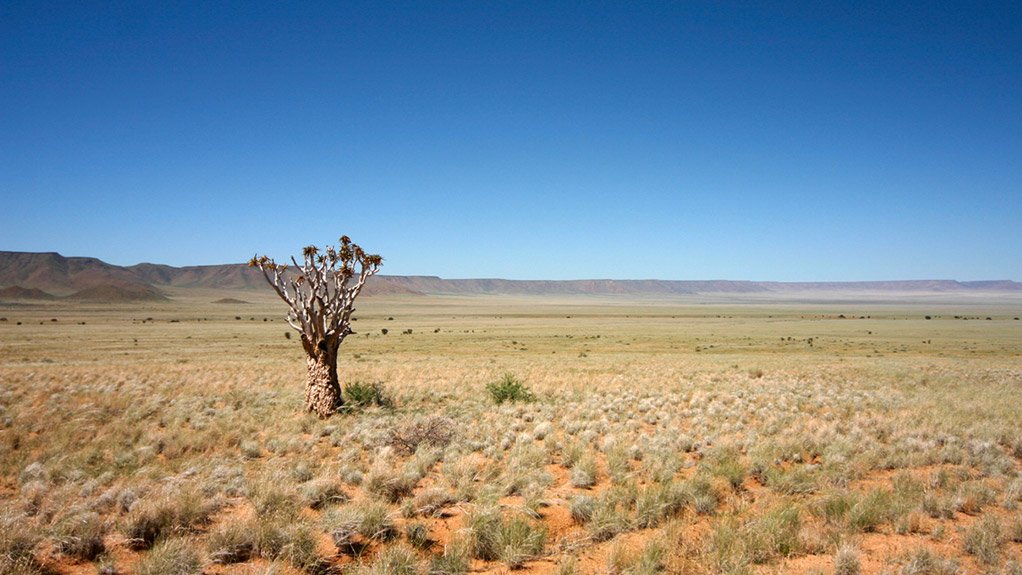The global energy outlook is that energy demand will double by 2050 and the world’s population will grow to nine-billion, creating a need for increased energy supply with reduced carbon dioxide (CO2) emissions.
This was according to oil giant Shell South Africa upstream GM Jan Willem Eggink, who on Thursday gave an address on the potential for shale gas in South Africa at the University of the Witwatersrand.
He stated that shale gas was “cleaner” than coal and had half the CO2 emissions of coal, adding that, building power plants for shale gas would be faster than building coal-fired power stations.
“Gas is affordable. South Africa’s energy challenge is that we need new electricity generation capacity while reducing CO2 emissions by 30% by 2030. As one of the Brics [Brazil, Russia, India, China and South Africa] countries, the energy demand in South Africa is forecast to grow faster than the global average,” Eggink said.
South Africa needed a range of energy resources and the country’s energy options included coal, nuclear, wind, solar, gas and biofuels.
Eggink predicted that while South Africa would produce coal for a long time, nuclear energy could be a problem as it was a huge monetary investment.
He stated that, in the last 100 years, oil and gas companies had drilled for conventional gas, but added that they needed to become more creative.
Eggink stressed that drilling into shale resources would be of great benefit, noting that Shell was eager to drill into the shales in the Karoo to demonstrate that it could economically produce the gas.
In the meantime, Shell was looking at introducing liquefied natural gas to the energy sector before shale gas entered the energy stream.
“One of the concerns is hydraulic fracturing [fracking] being a risk to groundwater. The integrity of drilled wells could be the cause of this and that’s why we reinforce the need for high operating standards and stronger regulations. [Fracking] is not new to South Africa and there are new, proven technologies and strong regulations that are effective in managing risks,” said Eggink.
If shale gas is present in the Karoo, this could be a “game changer” for the energy sector and country, he pointed out, as this discovery could create energy security, jobs and improve economic development.
Eggink noted that while there were challenges, such as the need for water to drill to the shales, as well as for fracking, the amount needed was still less than what was needed for coal mining.
He stressed that, if granted exploration rights, Shell would not use the water in the Karoo if it was in direct competition with the farmers in the area.
Eggink estimated that between one-million litres and two-million litres of water would be needed for drilling wells and Shell had looked into sourcing water from the surrounding areas, or from the Karoo itself, if this did not compromise farmers’ water needs.
He added that Shell was also able to use sea water, but noted that the cost to transport it to the Karoo would be high.
EMAIL THIS ARTICLE SAVE THIS ARTICLE
To subscribe email subscriptions@creamermedia.co.za or click here
To advertise email advertising@creamermedia.co.za or click here











